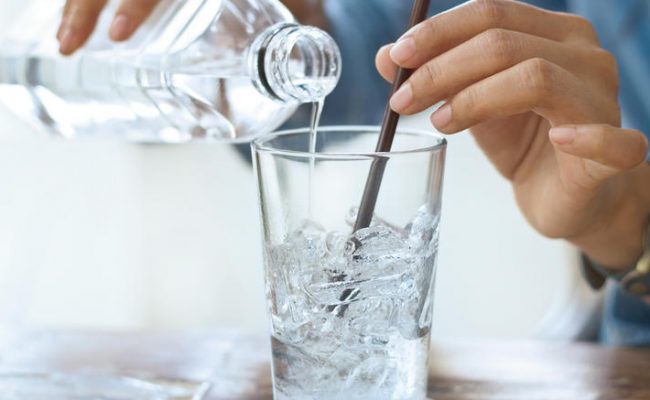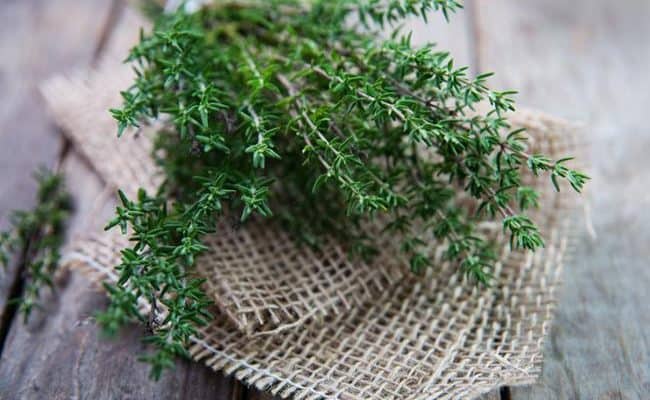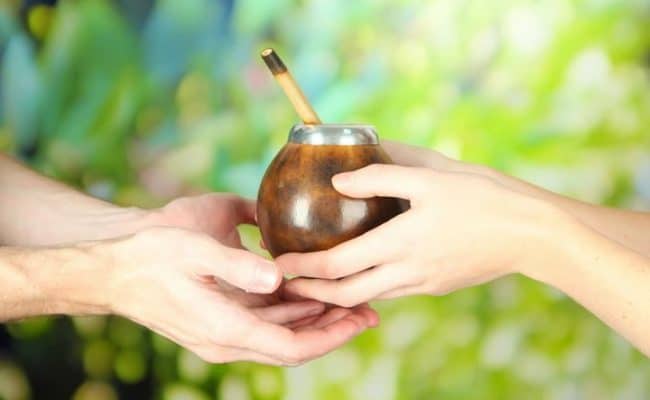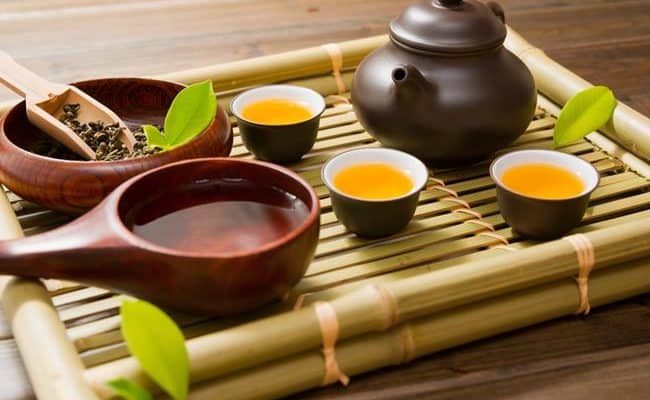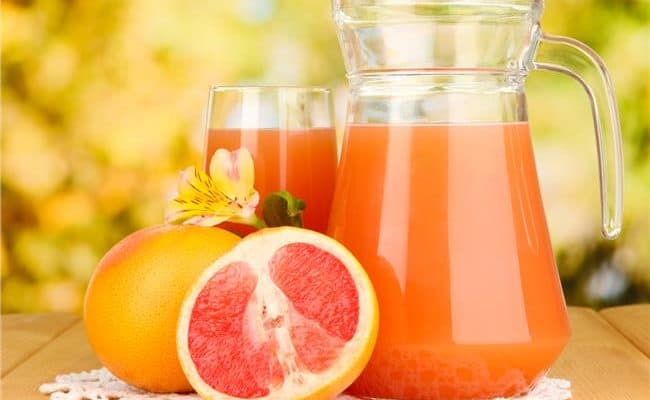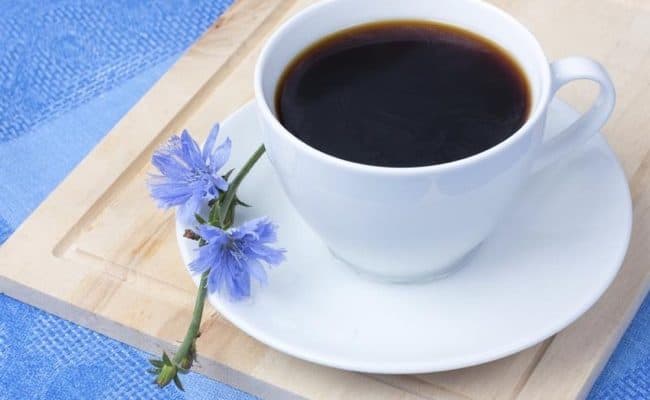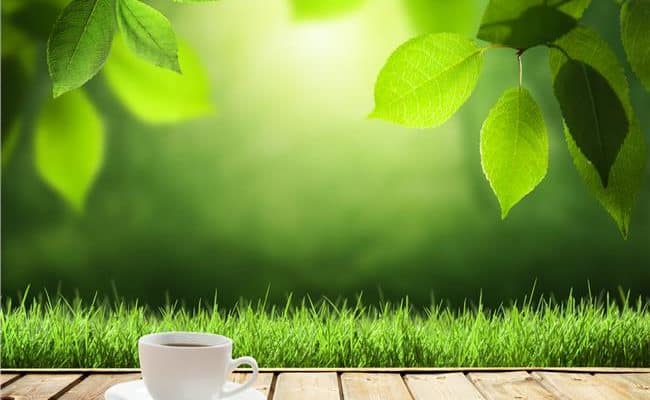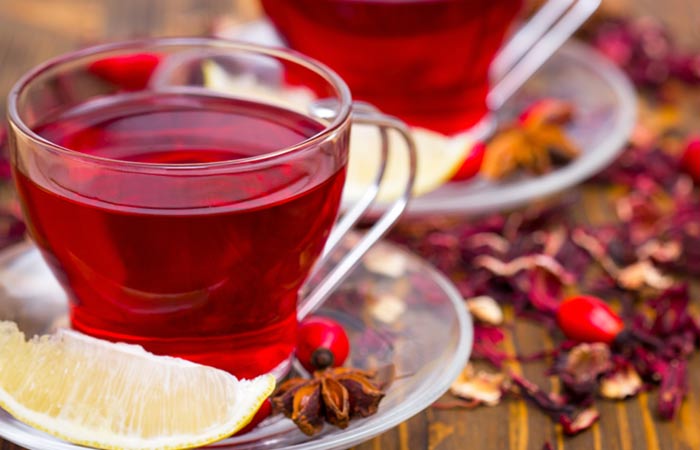
Some research has shown hibiscus may help aid weight loss efforts. However, drinking hibiscus tea will not be a miracle elixir alone for dramatic weight loss. Without making any other behavior changes will not cause significant weight loss.
Hibiscus tea is made from the calyx part of the flower and gives the hibiscus tea a red color. Hibiscus tea can be considered to have sweet and tart notes of flavor and is similar to cranberry flavor. Like other teas, hibiscus tea can be a source of antioxidants and may have potential health benefits.
The hibiscus plant is native to North Africa and Southeast Asia but now grows in most subtropical regions. The calyx and other parts of the hibiscus plant have been used for centuries for herbal remedies for various ailments.
However, is there current any research to support health or weight loss claims for hibiscus tea? Some research has suggested hibiscus tea may offer benefit of lowering blood cholesterol and blood pressure.
Some research has also suggested hibiscus may have a beneficial role for weight loss, but more research is needed. The bottom line is drinking hibiscus tea isn’t a magic bullet for dramatic weight loss.
Does hibiscus tea help with weight loss?
According to a 2014 Fox News article (1) research from Food & Function Journal analyzed the effects hibiscus extract on weight loss.
Obese participants were put into one of two categories: a placebo group or tablets of hibiscus extract. Participants were given 450 milligrams three times per day.
Throughout the twelve weeks of the study, the group taking the hibiscus extract did have lower waist circumference, waist to hip ratio and percent body fat.
Researchers suggest actual weight loss was marginal, but these results suggest adding hibiscus to additional weight loss efforts could be beneficial.
Drinking hibiscus tea won’t be a miracle weight loss remedy and won’t negate unhealthy food habits. If you are drinking hibiscus tea, remember adding any sweeteners to tea can add excess calories and sugar to the diet which can hamper weight loss efforts.
Is drinking hibiscus tea safe?
Hibiscus tea and extract have a low degree of toxicity. Studies suggest drinking hibiscus tea daily in moderation is considered safe for most people.
A 2014 review (2) suggests at doses of 300 mg/kg/day over a 3 month period may have adverse effects on the liver.
Very high doses of hibiscus extract may be damaging to the liver and should be avoided. If you are taking blood pressure medication, speak with your healthcare team before consuming hibiscus and blood pressure medication.
See also: Hibiscus Tea side effects
Hibiscus tea can help lower blood pressure
According to Medical News Today (3), in Iran hibiscus tea has been used for centuries to treat high blood pressure. Some research studies confirm that hibiscus tea may have a positive effect on blood pressure.
A 2010 randomized, double bind, placebo controlled study (4) had participants drink three 240 mL of hibiscus tea or three placebo drinks per day for 6 weeks. Researchers measured blood pressure before and at weekly intervals.
Researchers found after 6 weeks, the hibiscus group had significantly lower systolic blood pressure compared to the placebo group. There was no significant difference in diastolic blood pressure between groups.
Interestingly, people who had higher blood pressure at the beginning of the study showed greater improvements in blood pressure in the hibiscus group. This study suggests consuming hibiscus tea in a reasonable amount, three 240 mL servings, per day may help lower blood pressure.
A 2013 review article (5) analyzed data from animal and human studies with hibiscus tea or hibiscus calyx extract relating to effects on blood pressure. Animal studies have shown the consumption of hibiscus reduces blood pressure in a dose dependent manner.
Random controlled human trials have shown daily hibiscus tea consumption or extract of hibiscus to significantly lower blood pressure in people with mild hypertension and type 2 diabetes.
Can Hibiscus tea help lower blood cholesterol?
Another benefit often associated with drinking hibiscus tea is lowering blood cholesterol.
However, the research associating hibiscus tea to lowering blood cholesterol is not as strong as lowering blood pressure.
A 2013 review (6) analyzed data from 6 studies looking at the association between hibiscus tea and blood cholesterol levels.
Researchers concluded the data from these 6 studies does not suggest drinking hibiscus tea is effective for lowering blood cholesterol levels.
More research is needed with larger sample sizes to further investigate if hibiscus tea has a beneficial role on blood cholesterol.
Antioxidants in hibiscus tea
The red color from the hibiscus calyx is from the antioxidant group of anthocyanins. Anthocyanins provide the bright red, blue and purple hues to fruits and vegetables.
According to a 2010 review (7), anthocyanins provide anti-inflammatory and anticarcinogenic activity. Consuming dietary anthocyanins may help lower risk for cardiovascular disease, obesity and possibly type 2 diabetes.
Conclusion: Hibiscus tea and weight loss
Hibiscus tea is a source of antioxidants, and some research shows hibiscus may help lower blood pressure. Research studies looking at the impact hibiscus has on blood cholesterol levels have had mixed results.
Some research has shown hibiscus may help aid weight loss efforts, but more research is needed. Drinking hibiscus tea will not be a miracle elixir alone for dramatic weight loss. It may help aid weight loss efforts, but just adding hibiscus tea to your diet without making any other behavior changes will not cause significant weight loss.
Adding in hibiscus tea may help with blood pressure and providing a source of anthocyanin antioxidants. However, be cautious of adding in sweetened hibiscus beverages. The extra sugar and calories can negate weight loss and health benefits.
